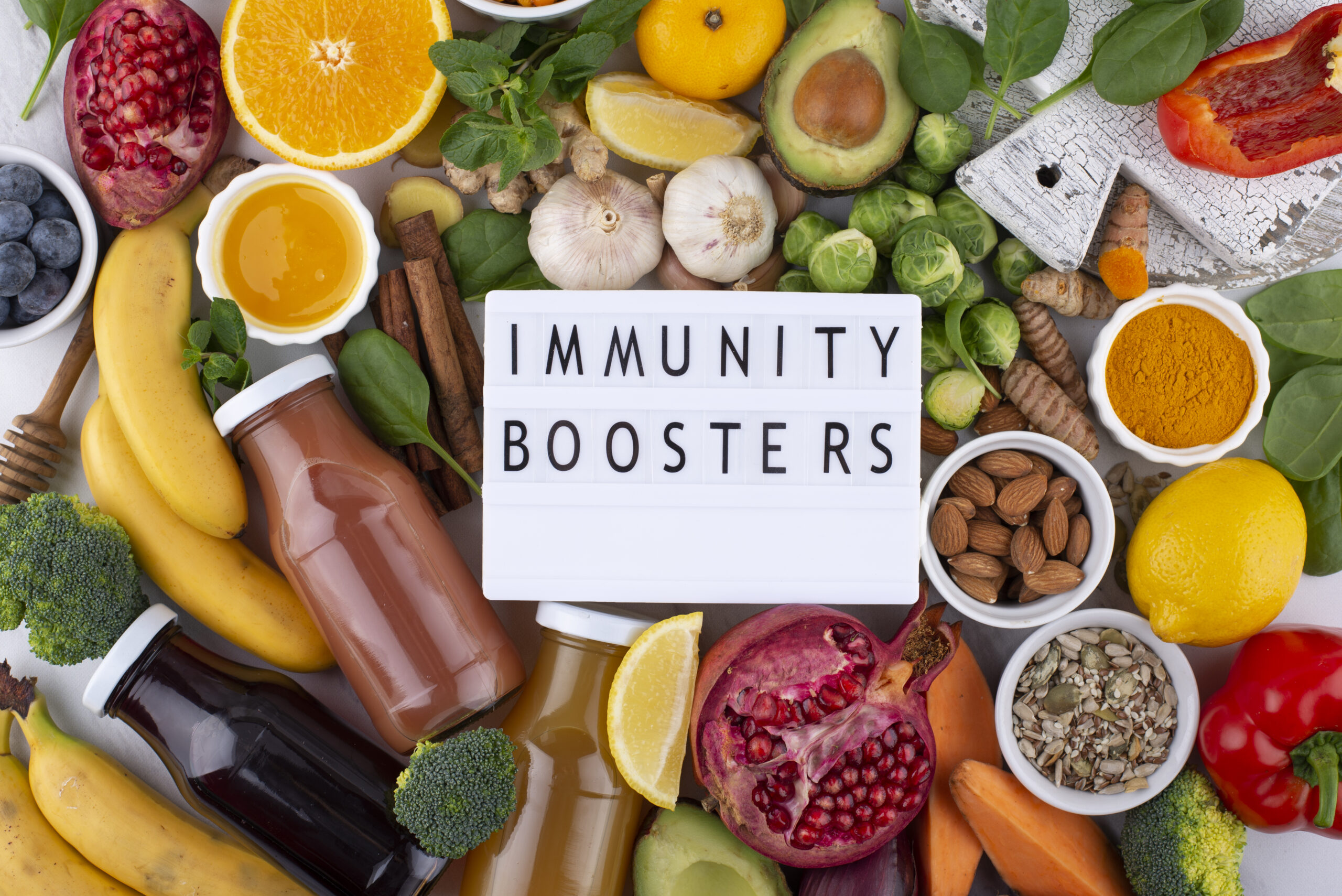What is an Anti-inflammatory Diet? What are the Effects?

It is crucial to remember the following information. Inflammatory diseases encompass a wide range of health issues such as depression, cancer, heart disease, obesity, diabetes, dementia, allergies, asthma, chronic fatigue, and autoimmune diseases.
Many of the foods we consume are highly inflammatory, and we do not consume enough anti-inflammatory products to offset this. While most foods can trigger inflammation in various ways, the most potent source of anti-inflammatory compounds is the right phytochemicals.
For instance, polyphenols in plant foods are some of the most effective inflammation-fighting compounds found in nature. The best way to obtain these compounds is through a varied diet that includes a rainbow of bright pigments and colors from plant foods. Additionally, extra virgin olive oil contains oleocanthal, which activates the same anti-inflammatory receptors as ibuprofen but without the associated side effects. Spices such as turmeric, ginger, and rosemary are also powerful anti-inflammatory agents. Omega-3 fats, which are present in wild foods, fish, seafood, and certain nuts and seeds, are potent anti-inflammatories. Certain types of mushrooms contain powerful immunomodulatory and anti-cancer compounds known as polysaccharides. Furthermore, foods rich in vitamins and minerals, such as vitamin C, zinc, selenium, and vitamin D, help to strengthen immunity and reduce inflammation. Notably, vitamin D alone regulates hundreds of genes that impact inflammation and immunity.
To improve your health, it is imperative to eliminate inflammatory foods from your diet and increase your consumption of anti-inflammatory foods starting today.
Ali, M. A., & Thompson, L. U. (1995). “Health benefits of watermelon: Antioxidant, anti-inflammatory, and hydration properties.” Journal of Nutrition, 125(8), 1957-1962.
Pitchford, P. (2002). “Healing with Whole Foods: Asian Traditions and Modern Nutrition.” North Atlantic Books.
Westerterp, K. R. (2004). “Diet induced thermogenesis.” Nutrition & Metabolism, 1, 5.









